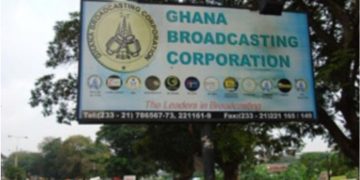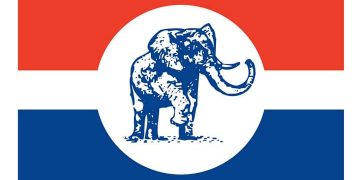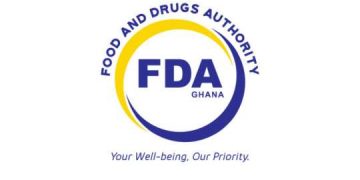|
Listen Now
Getting your Trinity Audio player ready...
|
The Bank of Ghana has kept the policy rate unchanged at 14.5 per cent, citing risks to inflation outlook following the recent jump in inflation rate in April.
“The recent rise in inflation is projected to peak in the second quarter and begin to return to the disinflation path in subsequent quarters with inflation settling within the medium-term target band by the end of the year,” Dr Ernest Addison, the Governor of the Bank of Ghana, said at a news conference on Friday.
He said the growth outlook and baseline projections showed a sharp downturn in GDP growth with the economy operating below capacity in the medium-term.
Notwithstanding the unfavourable global developments, the performance of the external sector had been strong in the first quarter of 2020, reflecting in a higher trade surplus and higher capital inflows.
The trade balance recorded a surplus of US$936.4 million (1.4 per cent of GDP) compared with a surplus of US$642.4 million (1.0 per cent of GDP) recorded for the same period in 2019.
This outturn was on account of lower imports and a marginal fall in export receipts.
The lower oil imports value is primarily as a result of a switch in the energy generation mix in favour of domestically produced gas.
Demand for non-oil imports also dropped in line with the slowdown in economic activity, Dr Addison said, adding that the Government’s decision to access the Eurobond market earlier in the year and the Rapid Credit Facility (RCF) financing from the International Monetary Fund (IMF) resulted in a build-up in reserves of US$1.5 billion (2.2 per cent of GDP).
Gross International Reserves, therefore, increased from a level of US$8.4 billion at the end of December 2019 to US$10.3 billion at the end of April 2020, sufficient to provide 4.8 months of import cover.
“This strong reserve position has helped to ensure stability in the foreign exchange market even as external financing conditions tighten and emerging and frontier economies see capital flow reversals as a result of the heightened global uncertainty,” he said.
To further boost foreign exchange liquidity, Dr Addison said the Bank of Ghana (BOG) had concluded a US$1 billion Repurchase Agreement (Repo) facility with the U.S. Federal Reserve under its Repo facility for Foreign and International Monetary Authorities (FIMA Repo Facility).
This is expected to be available for at least six months and would provide an important foreign exchange buffer to boost dollar liquidity amid the COVID-19 pandemic, and will further enhance the Bank of Ghana’s dollar liquidity.
On fiscal developments, Dr Addison said provisional data for the first quarter on the execution of the budget showed a widening of the deficit relative to what was observed for the same period in 2019.
As at the end of the first quarter, a deficit, equivalent to 3.4 percent of GDP, had been recorded compared with a deficit target of 1.9 per cent of GDP.
He said the larger deficit was explained by shortfalls in tax revenues — on the back of shortfalls in international trade taxes, taxes on goods and services and taxes on income and property in response to unfavourable external and domestic conditions — and higher pace of spending, which included some unbudgeted COVID-19 related expenditure.
The expanded deficit led to an increase in the debt stock to 59.3 per cent of GDP at the end of March 2020.




































Discussion about this post